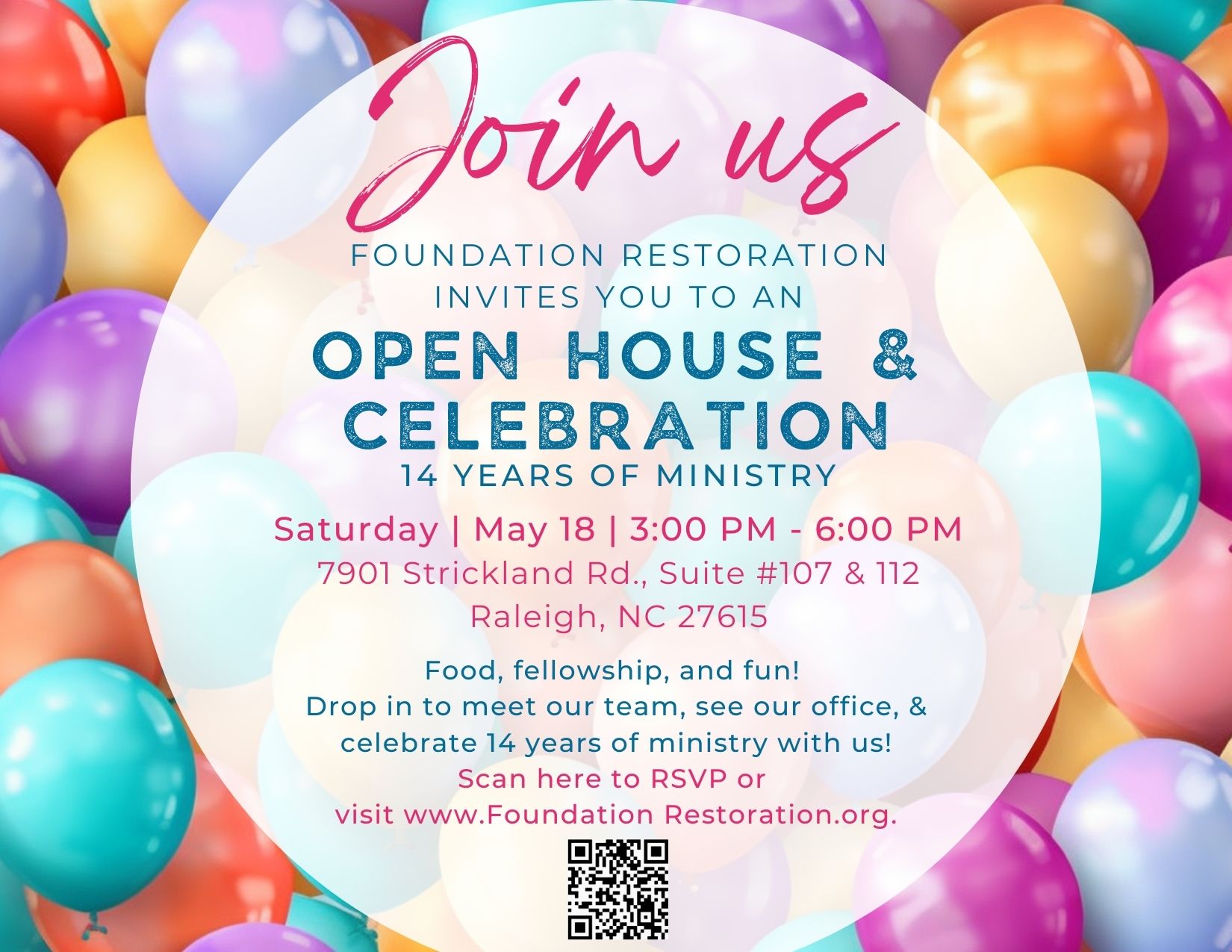By Ashley McIlwain
It’s not you, it’s me.
We’ve all heard this cliché line often associated with a break-up. Men and women everywhere use it as a means of ending a relationship that is less than desirable for one reason or another. Maybe you’ve used it or been on the receiving end of it. This go-to line has become synonymous with breaking someone’s heart without breaking their heart. Right … like there is such a thing.
Recently I was pondering this common platitude and realized we need more of this it’s-not-you-it’s-me attitude in relationships rather than as an out from them. Confused? Let me explain.
When a couple or individual comes to me (or anyone for that matter) for help with their relationship, there is usually an initial spewing of accusations. “He is just so stubborn, useless, and frustrating.” “I’ve done everything I can, but I just can’t change him.” “She is destroying our marriage. I’m doing my best, but she is the one to blame.” Woe is me.
It’s alarming how perfect these people are in their own sight. I mean, they are just such poor martyrs in this painfully brutal institution of marriage. Poor them! It’s as if they are the innocent victim of a completely inept spouse with whom they had no control over marrying.
Please, I will tell you right now that the problem in these marriages is not the spouse; it’s the one blaming their spouse. The fact that you are so concerned with pointing the finger assures me of your guilt. Besides, everyone is “guilty” in a marriage, not just your spouse. When a building falls apart, we don’t point to one single brick or beam saying, “That’s the reason it all crumbled down.” The same is true of marriage; it’s not just one person’s fault but rather a collective deterioration from neglect or damage by both spouses.
Marriages that fall apart are often the result of a slow fade. Usually there is a breakdown in communication. One or both people shut down or lash out because of hurt, unmet expectations, and frustrations. Sometimes it feels pointless or hopeless. She feels unloved and not listened to. He feels disrespected and unappreciated. Whatever the problem, rare is it that one person is completely at fault for the failure of the marriage.
Granted, one spouse may play a more significant role than the other in the deterioration and current status of the marriage, but that doesn’t eliminate all personal responsibility from the other spouse. Whether it’s one percent or one hundred percent your fault, it takes two to tango. You need to accept responsibility for YOU.
Stop pointing the finger at your spouse and blaming him/her for all of the failures of your marriage. That perpetuates the cycle and is counterproductive. Start asking yourself what your role in this corrosion has been. Start saying, “It’s not you, it’s me!” Not that you have to take sole responsibility for all of the missteps of the marriage, but it’s the concept of fixing a relationship from the inside out. Meaning … work on yourself first, which will in turn affect the exterior relationship and situation. Change begins with you.

Matthew 7:3-5 talks specifically about this. “Why do you look at the speck of dust in your brother’s eye and pay no attention to the plank in your own eye? How can you say to your brother, ‘Let me take the speck out of your eye,’ when all the time there is a plank in your own eye? You hypocrite, first take the plank out of your own eye, and then you will see clearly to remove the speck from your brother’s eye.”
It’s not that you can’t work through shortcomings and areas of growth within your spouse, but it needs to come from an earnest place where you too are willing to work on your own culpabilities and weaknesses. We focus so much on what our spouse is doing wrong; all the while we are ignoring or overlooking our own deficiencies. That’s why I say that you need to start working on yourself before you lay into your spouse. Not only will you grow as an individual, becoming a better wife and person, but you will also develop a more gracious attitude toward your spouse while gaining his/her respect for your efforts.
A critical attitude toward your spouse is more detrimental than you probably realize. When we criticize and focus on the flaws of our spouse, we are tearing them down as a person and eliciting a natural defensiveness from them. They feel belittled, hurt, and attacked, which is why they lash out with their own criticisms of you. This creates a vicious, damaging cycle.
Constructive conversations are the only way to iron out the wrinkles in a marriage. It’s about lovingly approaching your spouse with genuine interest in making the marriage better, not just your life easier. Philippians 2:3-4 says, “Do nothing out of selfish ambition or vain conceit, but in humility consider others better than yourselves. Each of you should look not only to your own interests, but also to the interests of others.” How important this is, especially for a marriage!
It’s easy to point the finger, place the blame, and play the victim. Anyone can do that, and most people do. But “love is patient, love is kind … it is not rude, it is not self-seeking, it is not easily angered, it keeps no record of wrongs” (1 Corinthians 13:4,5). What if that’s how we approached our spouse and our marriage? What if we stopped saying, “It’s you, not me,” and started saying, “It’s me, not you.”? What if we extended grace, patience, forgiveness, and love to our spouse? I guarantee it would make a world of difference in your marriage … and in every marriage!
Copyright © 2012, Foundation Restoration. ALL RIGHTS RESERVED. No reproduction allowed without written permission from Foundation Restoration and/or the author.







GREAT POINT! We are so quick to point the finger at someone else, especially in marriage. But a truly successful marriage takes two people each thankful for their spouse, each constantly working to improve.
Anonymous, you hit the nail on the head! What’s easy (pointing the finger), isn’t usually what’s best. Thankfulness, patience, and grace are something we have to choose to do and cultivate in ourselves and our marriage. Thanks for sharing!